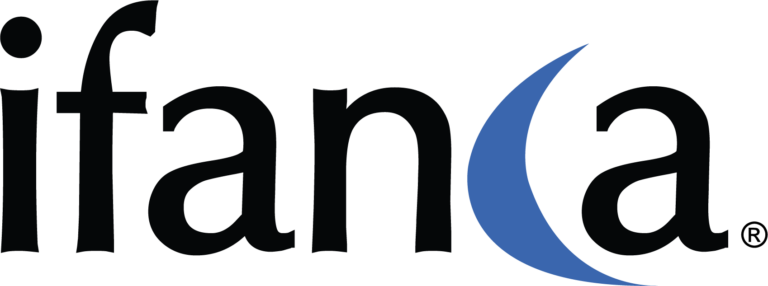Halal means allowed or lawful. In the case of food, products are considered to be Halal unless they are specified as haram in the Quran or Hadith. Haram means prohibited or unlawful. Pork and it by-products, alcohol and its by-products, carrion and its derivatives, animals slaughtered in a name other than ALLAH (God), blood and human derivatives are all haram.
Indonesia is the largest Muslim country in the world. Over 90% of the population is Muslim. Indonesians are very sensitive to the issue of Halal. In 2000, there was a situation where Ajinomoto products contained pork. This caused great concern among Indonesians and losses for the company.
The Assessment Institute for Foods, Drugs and Cosmetics, the Indonesian Council of Ulama (AIFDC-ICU) is a non-profit institution established in 1989 to assure Halalness of foods, drugs and cosmetics for Muslim consumption. It employs experts in food technology, industrial technology, chemistry, bio-chemistry, pharmacy, Islamic law (Shariah) and other disciplines.
Halal is a part of the government regulations in Indonesia. The laws stipulate labeling information, including Halal indications. Locally manufactured products must be Halal certified too.
There are some differences in the Schools of Thought concerning Halal. There are also differences in the certification procedures followed by Halal certifying bodies. These must be discussed and resolved. Halal standards include procedures for Halal auditing, Halal institutions, auditors, regulations and administration.
Companies producing Halal products must include a self auditing procedure in addition to the outside agency auditing procedure. Companies must employ Muslims in the production and auditing processes to provide the proper Halal production.
